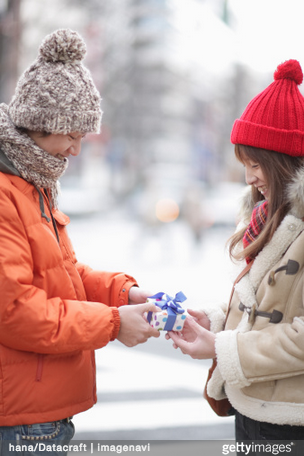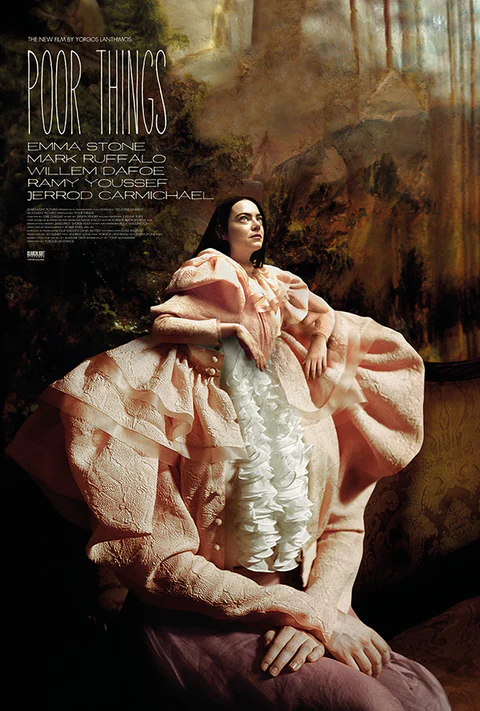Valentine’s Day is a popular holiday that was celebrated just last month, but some cultures further the celebration with a slightly different tradition exactly one month later.
White Day, a romantic holiday celebrated in Japan, Taiwan and South Korea. The holiday falls on March 14 and is for people who want to get responses after they give presents to their lovers as a sign of a confession on Valentine’s Day.
White Day was first celebrated in 1978 in Japan, it is a relatively new phenomenon created by the confectionery industry in Japan. In 1977, a Fukuoka-based confectionery company, Ishimura Manseido marketed marshmallows to men on March 14, calling it “Marshmallow Day.”
While Marshmallow Day did not succeed as a cultural phenomenon, the National Confectionery Industry Association established White Day as an “answer day” or “reply day”, exhorting men to return the favor to the women who gave them chocolates and other presents on Valentine’s Day.
The color white was chosen because it’s the color of purity, evoking “pure, sweet teen love,” and it’s also the color of sugar.
“I heard about it when I was in high school,” said Austin Hartmann, junior major in linguistics. “It’s not known by most people, unless they study or are Japanese or Korean.”
In fact, Valentine’s Day in Japan is celebrated in a very unique style. It is the women who present gifts to men, with the tradition of women giving chocolates to men.
https://gty.im/51343491
These gifts of chocolate are divided into three types: giri choco (obligatory chocolate), honmei choco (chocolate for the man the woman is serious about) and tomo choco (chocolate for the woman’s female friends).
Giri choco is given by women to friends, colleagues, bosses, or any close male friends. It is not unusual for a woman to buy 20 – 30 boxes of this type of chocolate for distribution around the office, as well as to men that she has regular contact with.
Honmei choco is for a boyfriend, husband or lover while tomo choco is a fairly recent tradition, just popularizing in the past few years.
Men who received gifts of chocolate are expected to return gifts that are at least two or three times more valuable than the gifts received on Valentine’s Day. The term “sanbai gaeshi” (thrice the return) is used to describe this rule.
“It’s so easy to make chocolate from the bars,” said Hartmann. “Don’t even need to buy the fancy ones. [If] made with love, triple love, [it’s] close enough.”
Not returning the gift is perceived as a man placing himself in a position of superiority, even if excuses are given. Returning a present of equal value means the relationship is ending.
Originally only chocolates were given, but now jewelry, accessories, clothing and lingerie are common White Day gifts. The gifts that men buy are in white boxes.
White Day is a relatively new holiday, but seems to be quite popular throughout Japan.
One informal survey of 13,000 Japanese citizens suggested that around 57% purchased or received gifts for the holiday. Three percent, or about 390 respondents, said that they gave or received between five and twenty gifts.
Despite detractors, the holiday appears to be gaining more fans each year.
In recent years, a new tradition has been created in Korea called Black Day. This is comparable the ironic American tradition of Singles Awareness Day, a holiday that bitterly mocks the prevalent romantic traditions of Valentine’s Day.
Black Day is held on the 14th of April, one month after White Day. Traditionally, those who received no Valentine’s or White Day gifts gather in restaurants or at parties to eat noodles in black bean sauce.
“[I think] it would be better if it was same day like [the] U.S.” said Hartmann. “It’s less work.”






